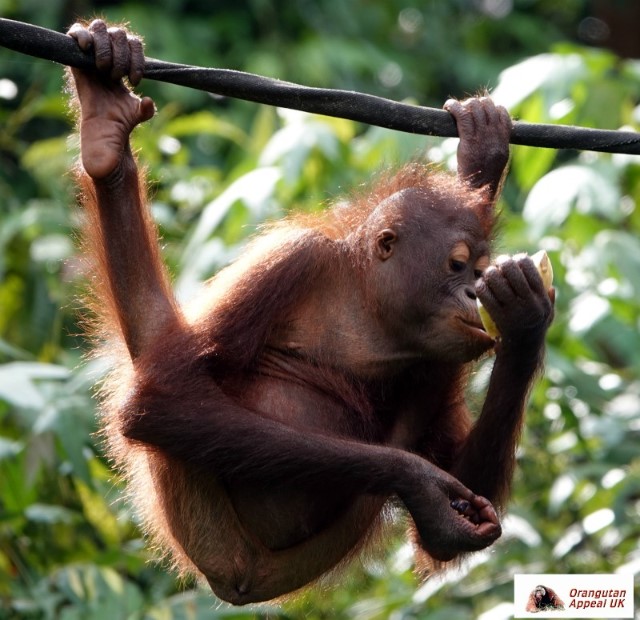KUALA LUMPUR, April 10 – The Sepilok Orangutan Rehabilitation Centre in Sabah has been closed to the public to protect apes from the coronavirus outbreak, the BBC reported.
“This disease could be fatal for the already critically endangered orangutan; it is a risk that we cannot afford [to] take. OAUK will do everything it can to make sure that the orangutans at Sepilok stay healthy and safe,” Susan Sheward, founder and chairwoman of Orangutan Appeal UK, was quoted as saying by BBC.
This follows news that a tiger at Bronx Zoo in New York City, the United States, tested positive for coronavirus.
Despite no evidence pointing to whether great apes are susceptible to Covid-19, gorilla tourism has been suspended in Africa due to fear of the virus infecting these animals.
“We don’t know if it’s infected mountain gorillas; we have not seen any evidence of that,” explained Dr Kirsten Gilardi, the chief veterinary officer for Gorilla Doctors, which provides veterinary care to gorillas in the forests of Rwanda, Uganda and the Democratic Republic of Congo.
“But because mountain gorillas are susceptible to human pathogens, we know that they can develop respiratory illness.
“Much of what we’re practicing right now, in terms of social distancing, and self-quarantine, are at the heart of the recommendations for protecting great apes as well,” she added.
According to BBC, previous studies indicate that chimpanzees can get infected by the common cold, while the Ebola virus may have killed thousands of chimpanzees and gorillas in Africa.
The Guardian reported last month scientists as saying that the coronavirus pandemic could devastate populations of chimpanzees, gorillas, and orangutans, even as many great apes already face extinction due to poaching and forest destruction.
“The Covid-19 pandemic is a critical situation for humans, our health and our economies,” said Thomas Gillespie, at Emory University, US, and a lead author of a letter from 25 experts published in the journal Nature. “It’s also a potentially dire situation for great apes. There is a lot at stake for those in danger of extinction.”








